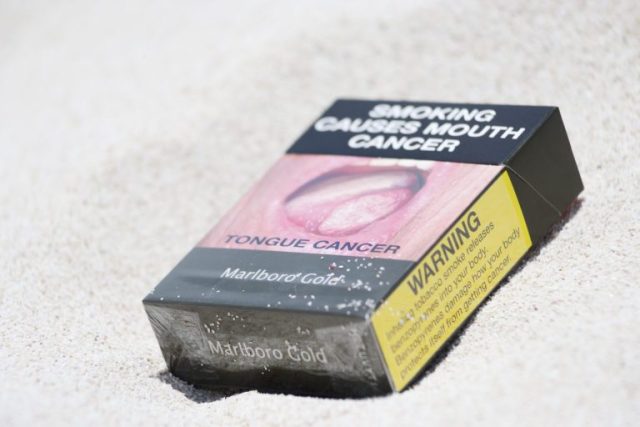US Surgeon General proposes cancer warning for alcohol packaging
Shares in major drinks producers have opened the year on the back foot after the US Surgeon General recommended that alcoholic drinks packaging should carry a warning about cancer risks.

If adopted by Congress, the move could signal a shift toward more aggressive tobacco-style regulation for the drinks sector.
That sent shares in the major producers such Diageo, Pernod Ricard and Anheuser-Busch InBev lower, some falling by more than 3% last Friday.
Vivek Murthy, the Surgeon General, stated that alcohol consumption increases the risk of at least seven types of cancer, including breast, colon, and liver cancer. He noted that most US consumers are unaware of this risk and called for a reassessment of guidelines on alcohol consumption limits so that people can make informed decisions about drinking. Currently, American health guidelines recommend two or fewer drinks per day for men and one drink or less per day for women.
Health Risks and proposed updates
The Surgeon General’s report says higher consumption raises risks and imbibing two drinks a day would result in about five more women out of 100 developing cancer and three more men out of 100.
It also estimates that alcohol is responsible for 100,000 cancer cases, 20,000 cancer deaths, and over 13,500 alcohol-associated traffic crash deaths in the US annually.
“Alcohol consumption is the third leading preventable cause of cancer in the United States, after tobacco and obesity,” Murthy’s office said in a statement accompanying the new report, adding that there is no difference in potential risk related to different styles of alcohol.
In an immediate response the Distilled Spirits Council of the United States (DISCUS), pointed to a new report by the National Academies of Sciences, Engineering and Medicine showing that moderate alcohol consumption is associated with lower rates of death from any causes.
“The current health warning on alcohol products has long informed consumers about the potential risks of the consumption of alcohol,” the group’s vice president for science, Amanda Burger, said in a statement, adding that no one should drink for health benefits.
Regulatory outlook and industry implications
It is unclear when or if Murthy’s suggestions will be adopted.
Partner Content
Donald Trump moves into the White House on January 20 and Murthy is likely to be succeeded by Trump’s nominee Janette Nesheiwat, a director of a New York chain of urgent care.
Trump, who is teetotal and whose brother died from alcoholism, has regularly spoken about the risks of consuming alcohol.
His nominee for the post of Secretary of Health and Human Services, Robert F. Kennedy Jr, has also fought heroin and alcohol problems and attends Alcoholics Anonymous meetings.
Murthy’s recommendation harks back to 1964 when the then-US Surgeon General concluded that tobacco could cause cancer. This was followed by successively restrictive legislation on smoking in the US which was later followed in most Western countries.
In the US drinks packaging must carry warnings that drinking alcohol while pregnant can cause birth defects and impair judgment when operating machinery.
That was introduced in 1988, but Murthy’s recommendations call for an update to existing labels rather than new cigarette-style warnings that feature prominently on every packet.
Analysts, however, say cigarette warning labels did little to curb smoking.
“Warning labels won’t be an immediate deathblow to alcohol makers, but it will compound the long-term threats to the industry,” Blake Droesch of eMarketer told Reuters.
The World Health Organisation (WHO) says there is no safe level of drinking and that even a small amount of alcohol can harm health.
Current US dietary guidelines expire later this year and alcohol producers have already lobbied officials ahead of potential changes amid concerns that America might adopt the WHO’s language about safe consumption.
Related news
Fruit-forward and aromatic wines win over modern drinkers




